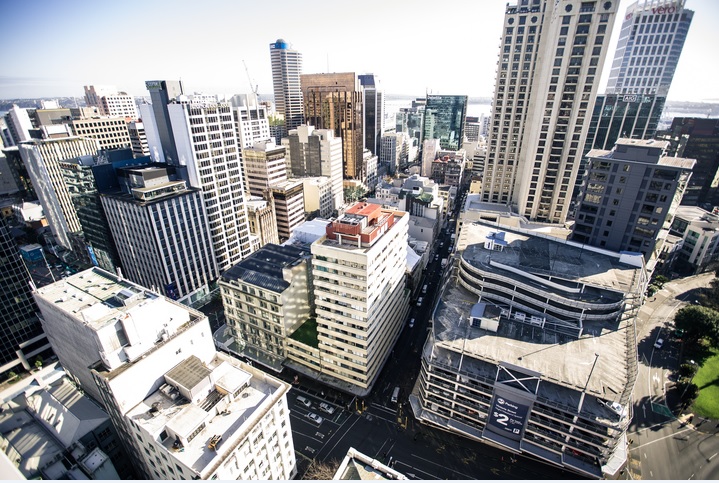 Cairan Handy, Senior Director for Hotel Operations at Stamford Hotels & Resorts, has expressed his dismay and astonishment at the Auckland Council’s proposal to introduce a target rate on the Auckland accommodation sector, saying the council has not realised the full impact of the proposal.
Cairan Handy, Senior Director for Hotel Operations at Stamford Hotels & Resorts, has expressed his dismay and astonishment at the Auckland Council’s proposal to introduce a target rate on the Auckland accommodation sector, saying the council has not realised the full impact of the proposal.
The Mayor of Auckland, Phil Goff wants to raise nearly $27.8 million a year from the accommodation sector to help promote tourism and major events in the city. At the present time ratepayers cover this cost and Goff says the impact of the rate amounted to between $6 and $10 per guest a night – “and as the accommodation sector has been a big beneficiary of the tourism boom…it should meet the cost.”
In a letter to Phil Goff, Mr Handy made numerous comments which have been abridged below emphasising the flow on affect of the proposed tax.
“Since its opening in 1996 the hotel has spent approximately $15 million per annum in expenses, the majority of which flows directly into supporting the local community over a wide range of industries, ranging from employment in the hotel, to laundry, to food and wine purchases, to electrical, plumbing, information technology, and housekeeping.
“The impact on the hotel will be devastating and will increase our rate payment alone by approximately 148 percent, which is an increase of just under $1 million a year.
“As a business this proposal will make it unfeasible for us to continue supporting the Auckland community as the Council rate payments will exceed net profit if it goes through.
‘I think the Council’s statement that hotels should pass the increase on to the visitors is preposterous and unexpectedly naïve for a local government authority responsible for a modern first world city of Auckland’s size and stature.
“If I could pass on a higher rate to our guests then I would. The nature of our business ensures that much of our existing rates are already committed and contracted for up to two years in advance so recuperating the tax is not an option.
“The chore of operating an accommodation business in Auckland has just recently proven to look feasible. The years of patience, from the hotel industry, waiting for the cycle to turn positive had just eventuated over the past 18 months and now it has disappeared again with the Goff tax proposal, which effectively requires hotels to increase room rates in order to pass on the cost to consumers.
“Based on my many years of experience in the hospitality industry, I am certain that the consumer market will not respond kindly to the increased room rates. Holidaymakers will avoid Auckland and choose another state or country to plan their future holiday experience in.
“I understand that I am not alone in my concern over the imposition of the council rate. Other international hotel chains are also in dissension of the council’s proposal. Like us, they have been in tourism for a very long time in many, if not all countries in the world and they too have seen the impact of oppressive targeted rates and taxes.
“The council should take these concerns into its consideration as they have seen first hand the devastating effects of unemployment and lack of spending in all sectors of the community due to the reduction in visitor numbers stalling the economy in its tracks.
“As with the other hoteliers, I will have to consider carefully how the hotel can make up the deficit due to the increase in council rates of nearly $1 million to a total of just under $1.5 million per year.
“As with the other major Auckland hotels, we will most likely be forced to accommodate the deficit by making employment cuts, ceasing the outsourcing of housekeeping, reducing the variety of produce obtained from the local Auckland and New Zealand community and reducing the services to the trade community.
“If it becomes operationally unfeasible or financially unsound to continue the operation of a hotel in Auckland, we may be obliged to consider pulling our operations out of Auckland altogether in favour of entering another domestic, regional or international market with friendlier policies. No doubt, other international hotel chains which operate multi-nationally will not find it difficult to transfer their operations to another jurisdiction and may consider doing the same. This is not a threat, just a harsh reality of life.
“The knock-on effect on the business of bars, restaurants, taxis, buses, wineries, tours, ferries, retail, cafes, coffee shops, trades, construction and just about everything that successful tourism promotes in the community will be devastating.”








